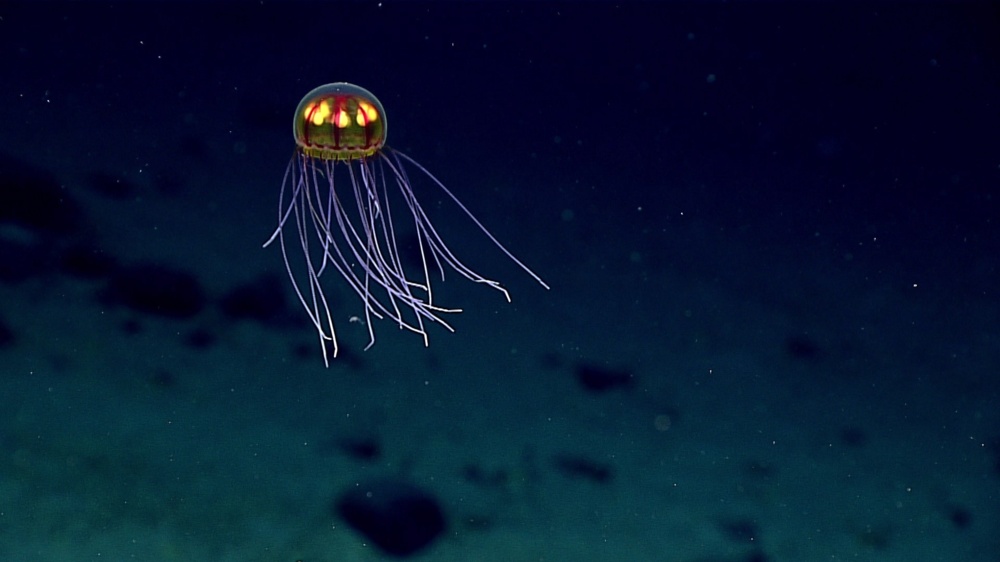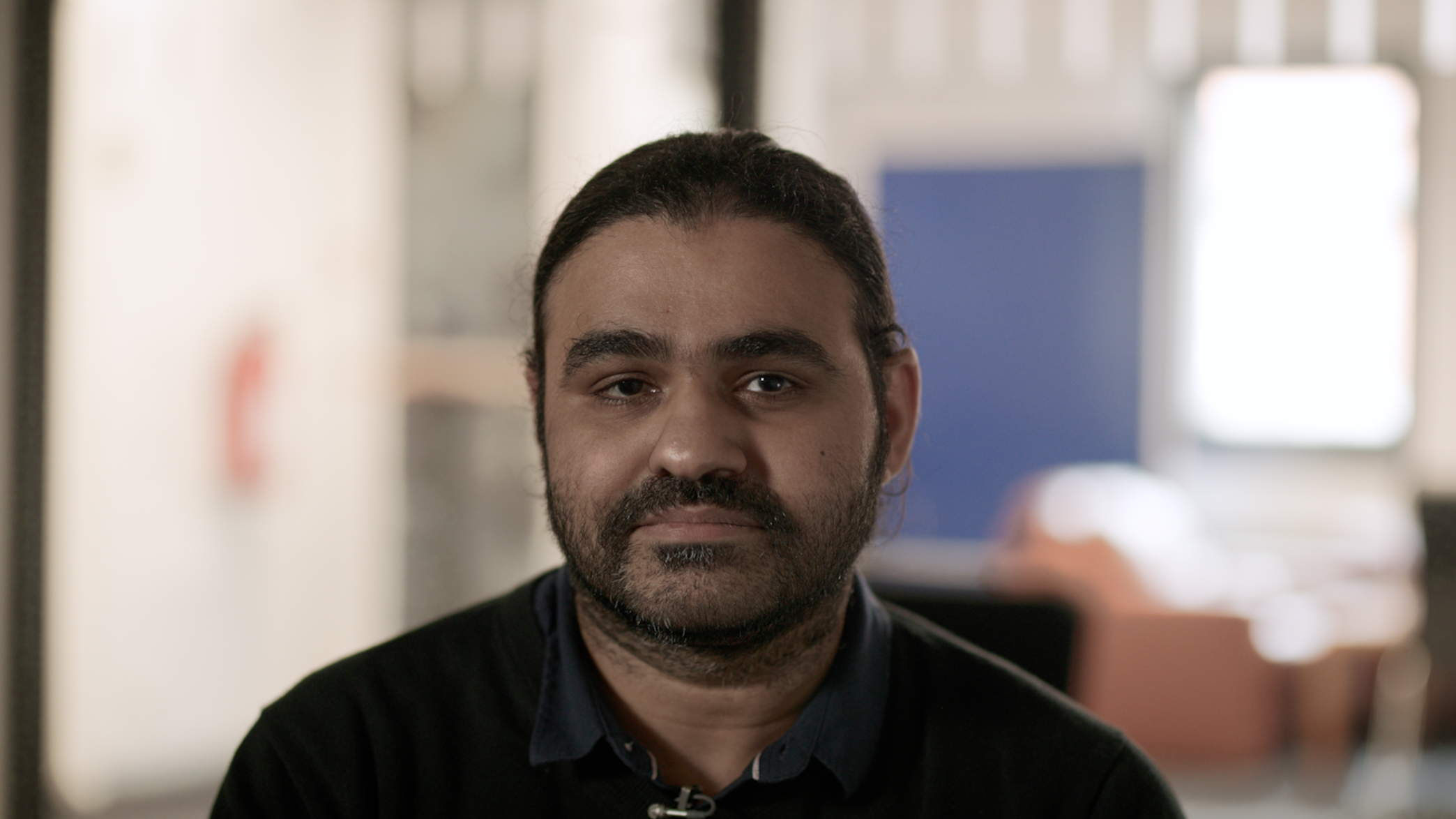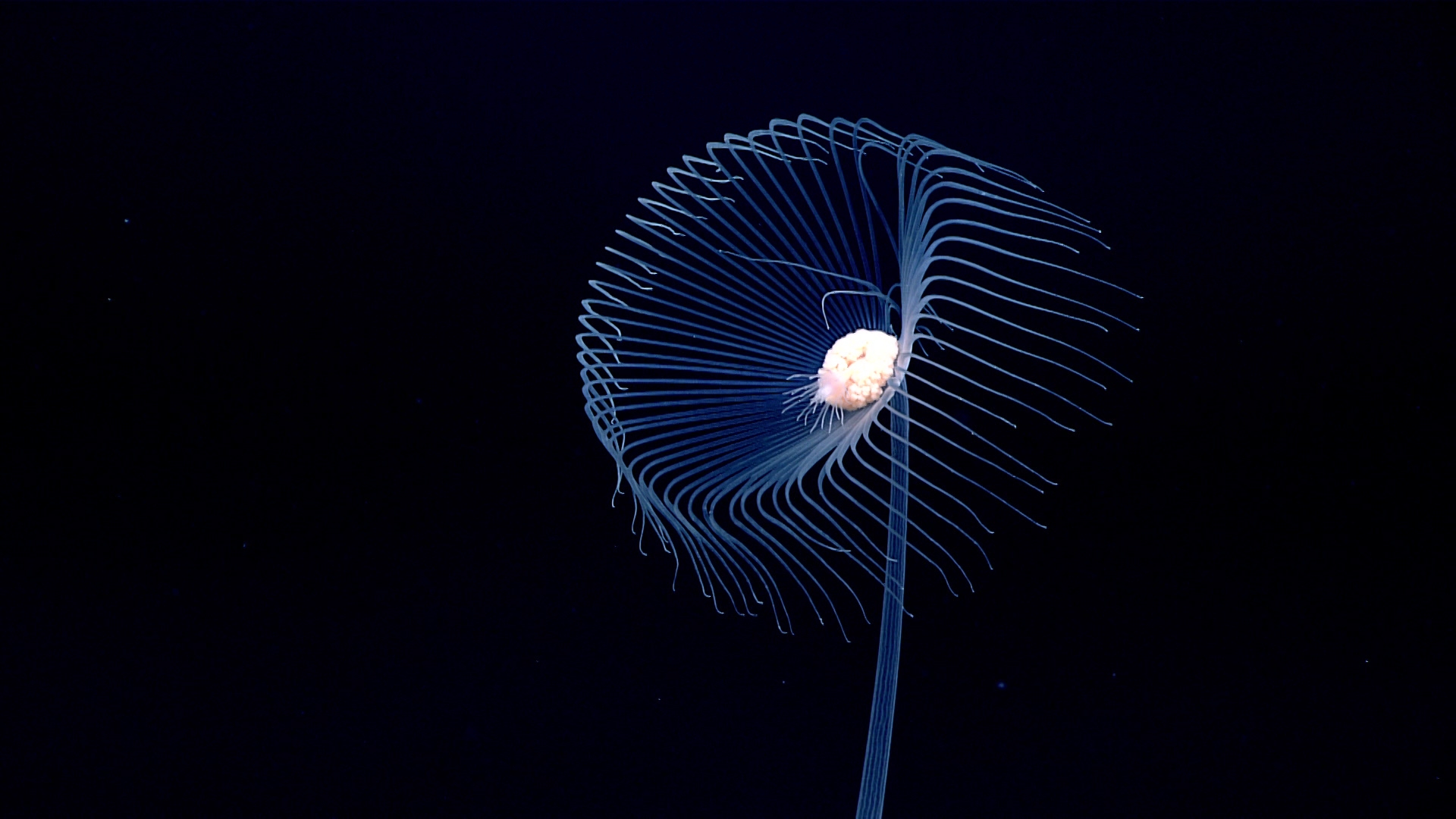
Norway’s proposal to move forward with commercial deep-sea mining must be rejected
The Labour-led parliament in Norway has today partnered with two opposition parties, the majority of which are in favour of a proposal to mine the deep-sea in the Arctic.
Critical minerals used for electric vehicle batteries, wind turbines and solar panels can be found in the deep ocean, in potato-sized polymetallic nodules which contain cobalt, nickel, copper and manganese. Supporters of deep-sea mining argue it is crucial for the global transition to a green economy and less environmentally damaging than land-based mining.
However, widespread international opposition coming from governments, major businesses, financial institutions and scientists alike states that it is not necessary. The bottom line is that any possible benefits do not outweigh the environmental and economic risks, EJF says.
Norway is proposing to mine its extended seabed shelf, which is near the Svalbard archipelago and is larger than the UK at 280,000 square km in size. The Parliament will debate an amended version of the deep-sea mining proposal on 4th January 2024 which will be followed by a vote.
In January 2023, a Norwegian study found metals and minerals in the seabed of the extended continental shelf, and this was followed by a proposal submitted to parliament in July 2023, as nations prepared to attend the International Seabed Authority (ISA) meeting where regulations around mining the deep-sea were to be discussed. Only 7% of Norway’s profits will be shared with the ISA as the proposed area is not in Norway’s Exclusive Economic Zone.
The Norway Environment Agency criticised the government’s impact assessment and suggested it might be in violation of the Seabed Minerals Act. The area Norway is proposing to mine also overlaps in places with the Svalbard Fisheries Protection Zone and so Norway’s resource rights have been disputed.
According to EJF, this decision threatens to ruin Norway’s international reputation as a world leader in ocean protection. The NGO says that metals from deep-sea mining are not needed if the right investments are made now to accelerate the use of alternatives to these metals for green technologies and if we shift towards a circular economy. Moreover, deep-sea mining wouldn’t necessarily mean a decrease in terrestrial mining.
Much of the deep ocean remains unexplored and undiscovered and so the scale of harm which can be inflicted on marine ecosystems by disruptive mining is impossible to know. The ocean has absorbed over a quarter of all human-produced CO2 emissions. Not only would mining the seabed potentially harm ecosystems which have been undisturbed for tens of thousands of years, it also risks disrupting this crucial carbon sink.
Steve Trent, CEO and Founder of the Environmental Justice Foundation, said: “If this decision is not reversed, it is an irrevocable black mark on Norway’s reputation as a responsible ocean state. Deep-sea mining is a pursuit of minerals we don’t need, with environmental damage that we can’t afford. We know so little about the deep ocean, but we know enough to be sure that mining it will wipe out unique wildlife, disturb the world’s largest carbon store, and do nothing to speed the transition to clean economies. Recent scientific studies in Norwegian waters demonstrate that there will be severe impacts on ocean wildlife if this mining goes ahead.”
“The last remaining hope is that Norway’s Parliament still needs to approve exploitation of the deep ocean, and so this reckless rush to the deep can still be stopped. I call on the Parliament to stand up for people and our shared planet when these applications come in, and reject them to ensure a safe, sustainable future for us all. There is no legitimate case for deep-sea mining, now or in the future, and Norwegian lawmakers must recognise this.”
Image credit: Jellyfish © NOAA Okeanos Explorer Program
SIGN UP FOR OUR EMAILS AND STAY UP TO DATE WITH EJF

